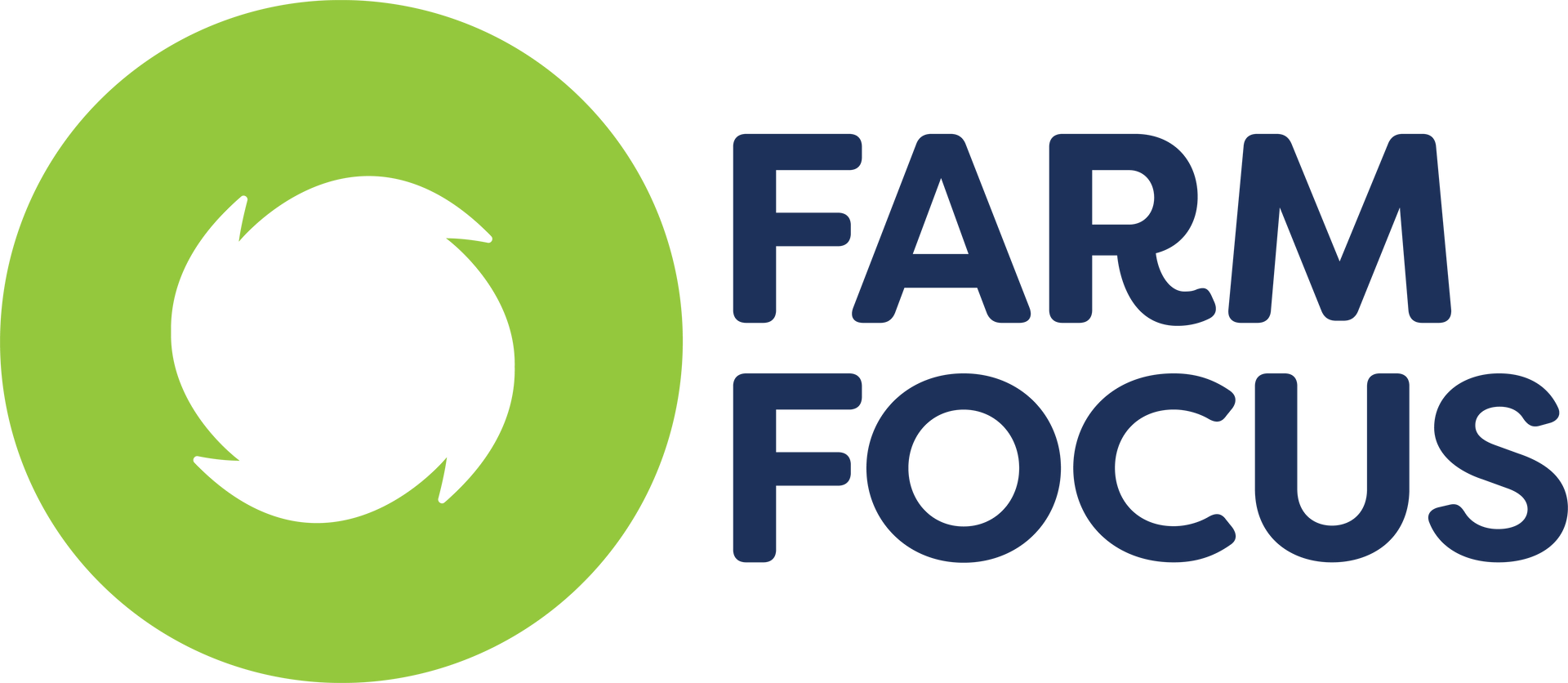Do it yourself .... (or not?)
We are a country of "do-it-yourselfers", which for the most part, is a good thing.
However, there are some things that should be left to the experts. You wouldn't let your dentist operate on your brain, you would definitely leave that to the brain surgeon! I probably would not get my optometrist to fix my oven either.
This brings me to some recent events, where people have attempted to understand some finer points of tax legislation.
The Income Tax Act 2007 and its associated updates, regulations, and surrounding case law, which is interpretations of the Income Tax Act - if they were printed out and stacked on the floor, I would think that the stack would be nearly as tall as me!
Our tax legislation is complex in a lot of areas. I was asked recently by a member of the legal fraternity for a second opinion. Long story short - what had occurred was that a client had rung and spoken to a representative at the Inland Revenue Department concerning "GST on going concerns". They had also looked at the Inland Revenue Department's website, and did look at a "GST on going concerns" section, but the section they were looking at, and relied upon, bore no relation to their actual circumstances, and in fact, was quite misleading.
Now, the trick is, with any answer research, is to ask the RIGHT questions. In this instance, the researcher asked the wrong questions, but got the 'right answer' to their questions. The result of their research, and the action they took resulted in tens of thousands of GST to pay, when in fact, if done correctly, there would have been no liability at all!
Now, to be fair, the Inland Revenue's website contains a lot of useful information, of a general nature. However it does not contain ALL information, and does not apply to ALL circumstances.
Similarly, if you ring the Inland Revenue Department, the person at the end of the phone that you ask a question of; you must remember that their answer must be tempered for the fact that you do not know their qualifications, how much experience they have had in their job, or what their particular skill set is.
Generally they are very helpful, however, if you want an opinion you can rely on from the Inland Revenue Department, you must apply for a "binding opinion" The binding opinion is provided by an IRD tax professional, similar to a tax professional in public practice; with similar qualifications and experience. This binding opinion is not a free service. There is no liability on the Inland Revenue Department for "general advice" provided, and no responsibility to "get it right".
Therefore, if you are wanting to "Google" it or ask for a general opinion, if it is for something that is not overly important or the risk of getting it wrong is not great, then I would agree that that is fine, however if the risk of getting it wrong, by not asking the right questions of the right people, is too great..... then remember that you should always get the brain surgeon to operate on your brain and the optometrist to look at your eyes.
Hamish Pryde
11 July 2014







